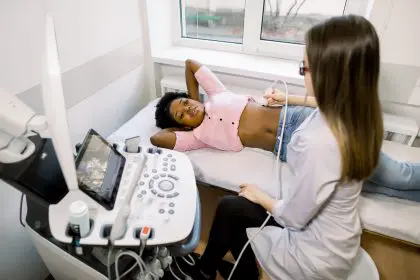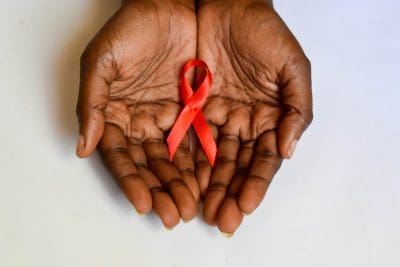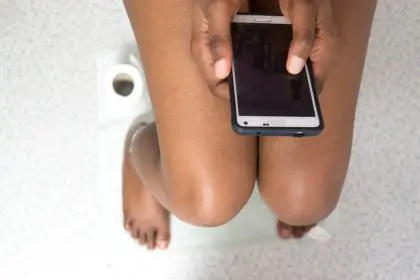The conversation about health in our community needs to change. While statistics tell one story, the lived experiences of those who’ve watched family members struggle with preventable conditions tell another. From the streets of urban neighborhoods to suburban developments, the impact of inadequate health care access continues to shape our collective well-being.
Breaking down the barriers to wellness
Picture this: You’re sitting in your doctor’s waiting room, scrolling through your phone to pass the time. The appointment was scheduled three months ago, and you had to take off work to be here. This scenario plays out daily across the country, highlighting how systemic barriers and economic pressures create roadblocks to maintaining good health.
The truth behind the numbers
A Dec. 13 Statista report paints a sobering picture of the top health challenges facing our community. Heart disease continues to claim lives at an alarming rate, often striking earlier than in other populations. Cancer follows closely behind, with delayed diagnoses often leading to more severe outcomes. Diabetes, stroke, and kidney disease round out the major health concerns, all conditions that respond well to early intervention – if you can get it. The complete list from Stastisa is as follows:
- Diseases of the heart
- Malignant neoplasms (cancers)
- Accidents (unintentional injuries)
- Cerebrovascular diseases (stroke)
- COVID-19
- Diabetes mellitus
- Assault (homicide)
- Chronic lower respiratory diseases (CLRD)
- Nephritis, nephrotic syndrome, and nephrosis (kidney diseases)
- Alzheimer’s disease
The silent epidemic
What’s particularly troubling is the rise in chronic conditions among people in their 30s and 40s. These aren’t your grandparents’ health issues anymore. Young professionals and parents are increasingly finding themselves managing multiple health conditions while trying to balance demanding careers and family life.
Taking control of our health destiny
The path forward requires more than just awareness — it demands action. Community health centers are stepping up, offering extended hours and preventive care programs. Some organizations have launched innovative initiatives like mobile health units and weekend wellness clinics, making health care more accessible for busy professionals and families.
The power of prevention
Prevention remains our strongest weapon. Small changes in daily routines can yield significant results. Something as simple as scheduling regular checkups, knowing your family health history and understanding your personal risk factors can make a profound difference.
Local community centers and faith-based organizations are leading the charge, hosting health fairs and educational workshops. These events provide valuable information about preventive care and connect people with health care providers who understand our unique challenges.
Moving forward together
The solution to these health challenges lies in our collective power to demand change while taking personal responsibility for our well-being. It means having uncomfortable conversations with family members about health history, encouraging regular checkups and supporting each other in making healthier lifestyle choices.
We need to advocate for workplace wellness programs, flexible scheduling for medical appointments and insurance coverage that actually serves our needs. The time has come to reject the notion that poor health outcomes are inevitable in our community.
This isn’t just about living longer; it’s about living better. It’s about being there for graduation days, walking your children down the aisle and enjoying retirement years filled with vitality rather than managing chronic conditions.
The path to better health starts with acknowledging these challenges while refusing to accept them as our destiny. Through education, advocacy and community support, we can write a new chapter in our community’s health story — one where preventable conditions no longer cut promising lives short.













